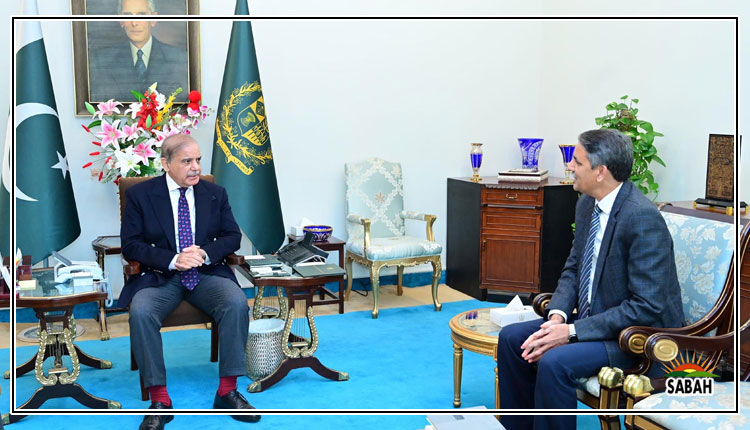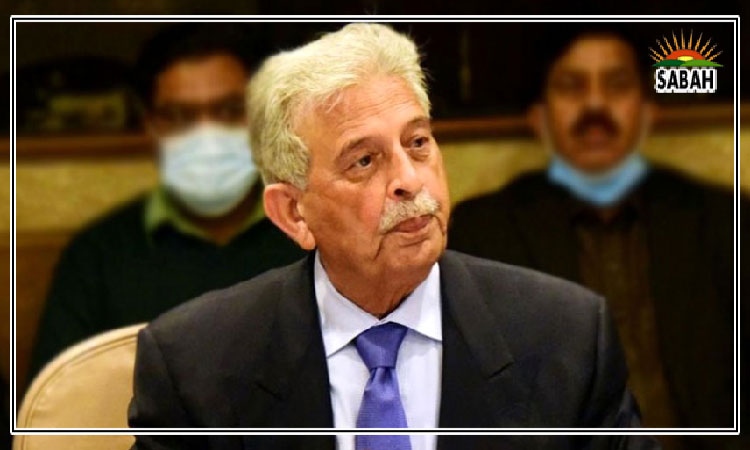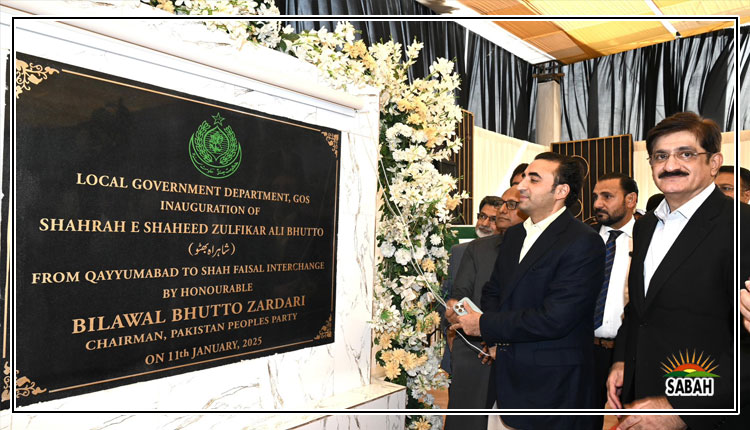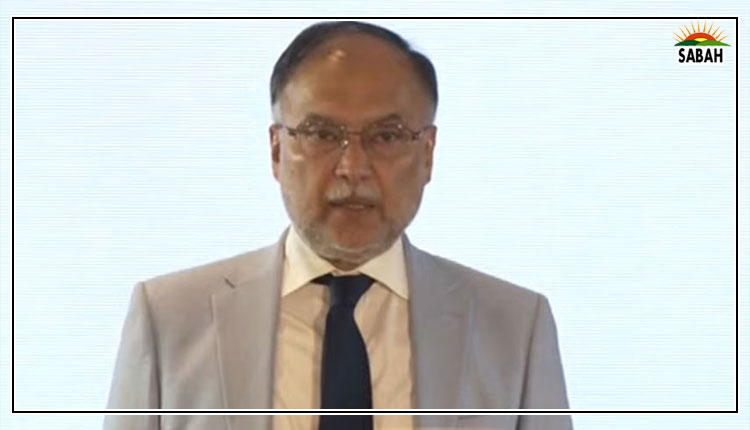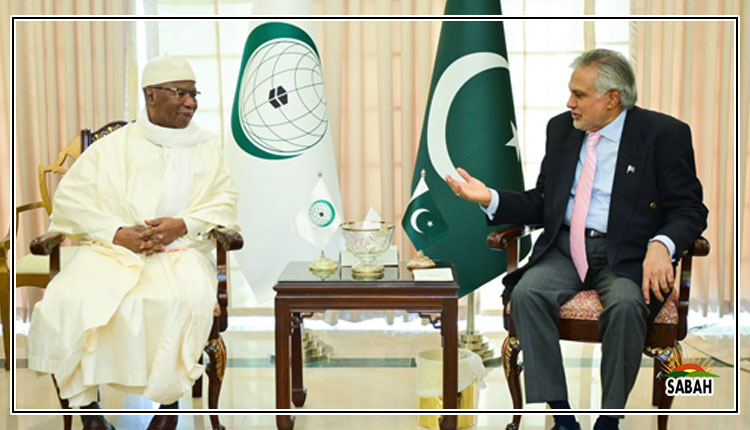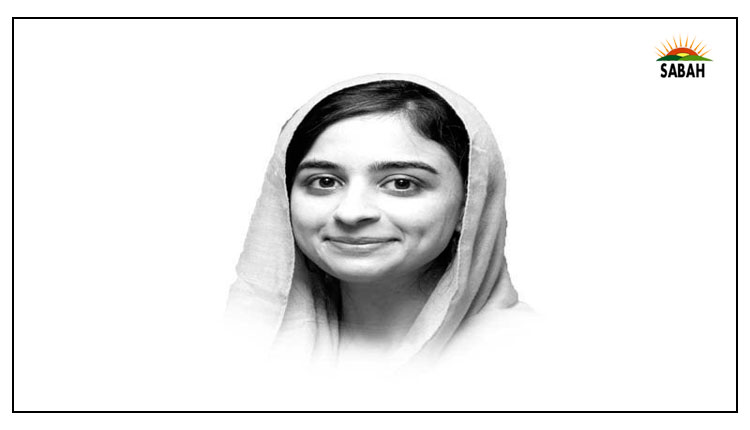Gulf-Pakistan collaboration: AI offsets for genuine climate action…Arhama Siddiqa
In the Gulf countries, beneath the glossy exteriors of ambition and progress, an uneasy storyline lingers the persistent dependence of Gulf economies on the very fossil fuels driving a global crisis. Enter AI-powered carbon offsetting technology promising both environmental redemption and corporate image salvation. But beneath the pixelated veneer, questions arise whether these programmes are genuine attempts at climate action, or simply a PR stunt to greenwash the continued extraction and combustion of black gold?
GCC member states are actively utilising AI to tackle climate challenges. UAEs Net Zero by 2050 initiative; Saudi Arabias Green Saudi initiative; and Qatars Qatar Science & Technology Park (QSTP) are examples in the context.
The allure of AI in carbon offsetting is undeniable. Algorithms crunch data, identifying and funding renewable energy projects, planting forests and supposedly neutralising the carbon footprint of corporations and individuals. But this digital sleight of hand raises numerous concerns such as the reliability and long-term impacts of these technologies, as well as the tendency for it to be used for greenwashing rather than genuine innovation. The opaque nature of many AI-driven offset programmes also leads to skepticism, as their decision-making processes are not subject to public scrutiny, which raises concerns about whether they prioritise genuine environmental impact over reputational laundering.
Enter Pakistan.
Pakistan, already ravaged by floods and facing water scarcity, desperately needs real investments in renewable energy and resilient infrastructure. The Gulf, with its wealth and technological resources, could be a valuable partner in this endeavour. Joint AI-driven initiatives could identify and develop solar and wind farms in strategically advantageous locations across Pakistan, fostering energy independence and mitigating climate risks. Moreover, AI-powered smart grids could optimise energy distribution, maximising efficiency and minimising waste. Furthermore, Pakistan can leverage its vast agricultural potential to develop sustainable farming practices, sequestering carbon in the soil and improving food security. Meanwhile, the Gulf nations can shift their focus away from fossil fuel extraction and exploration, channeling their resources into developing and deploying clean energy technologies, both for domestic use and export.
Moreover, AI offsets extend beyond carbon capture, presenting an avenue to empower Pakistans vast agricultural workforce. Partnering with the GCC will help facilitate access to advanced technology and training, potentially revolutionising agricultural practices, increasing yields, minimising waste and ensuring food security in both regions. This collaboration not only creates environmentally conscious job opportunities but also equips farmers with the skills needed to operate and maintain AI-driven solutions, fostering a digitally-enabled agricultural sector.
Furthermore, in this regard, the Special Investment Facilitation Council (SIFC) can be a catalyst for Gulf-Pakistan collaboration on AI climate solutions. By directly funding projects, streamlining approvals, connecting expertise, promoting technology transfer and ensuring long-term sustainability, the SIFC can bridge the gap between Gulf resources and Pakistani innovation, creating a regional model for tackling climate challenges through AI. However, technology alone is not enough. Collaboration requires transparency and accountability. AI algorithms must be designed and implemented with public scrutiny, ensuring that offset projects genuinely contribute to environmental well-being, not just corporate image. Both Pakistan and the Gulf nations must establish robust regulatory frameworks to oversee these programmes, preventing greenwashing and ensuring ethical decision-making.
Quick fixes must give way to genuine action. Sharing expertise and resources, the two sides can work together to develop AI-powered solutions that not only address their own climate vulnerabilities but also pave the way for a more sustainable future for the entire region and my domino effect on the entire globe.
Courtesy The Express Tribune



